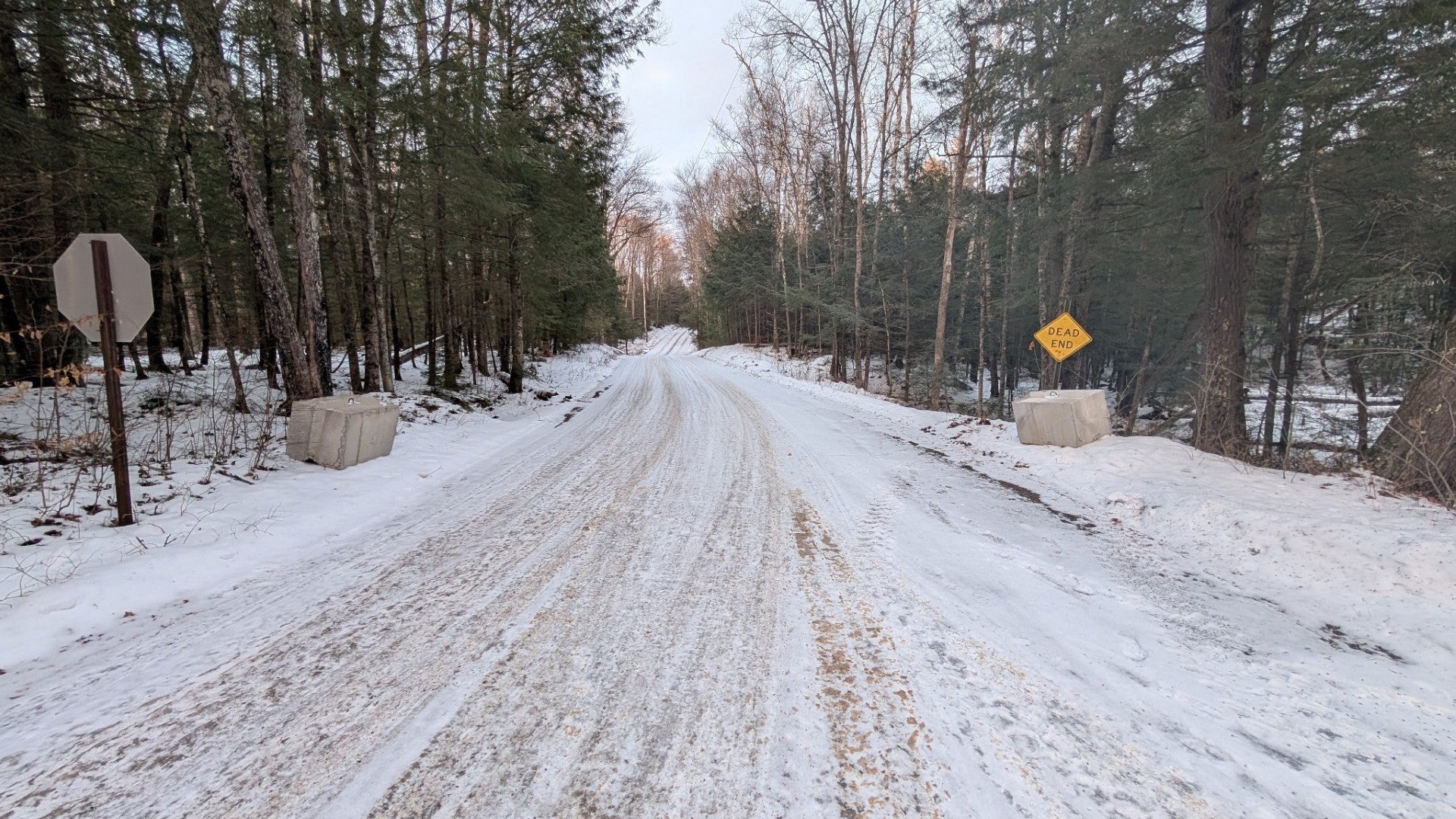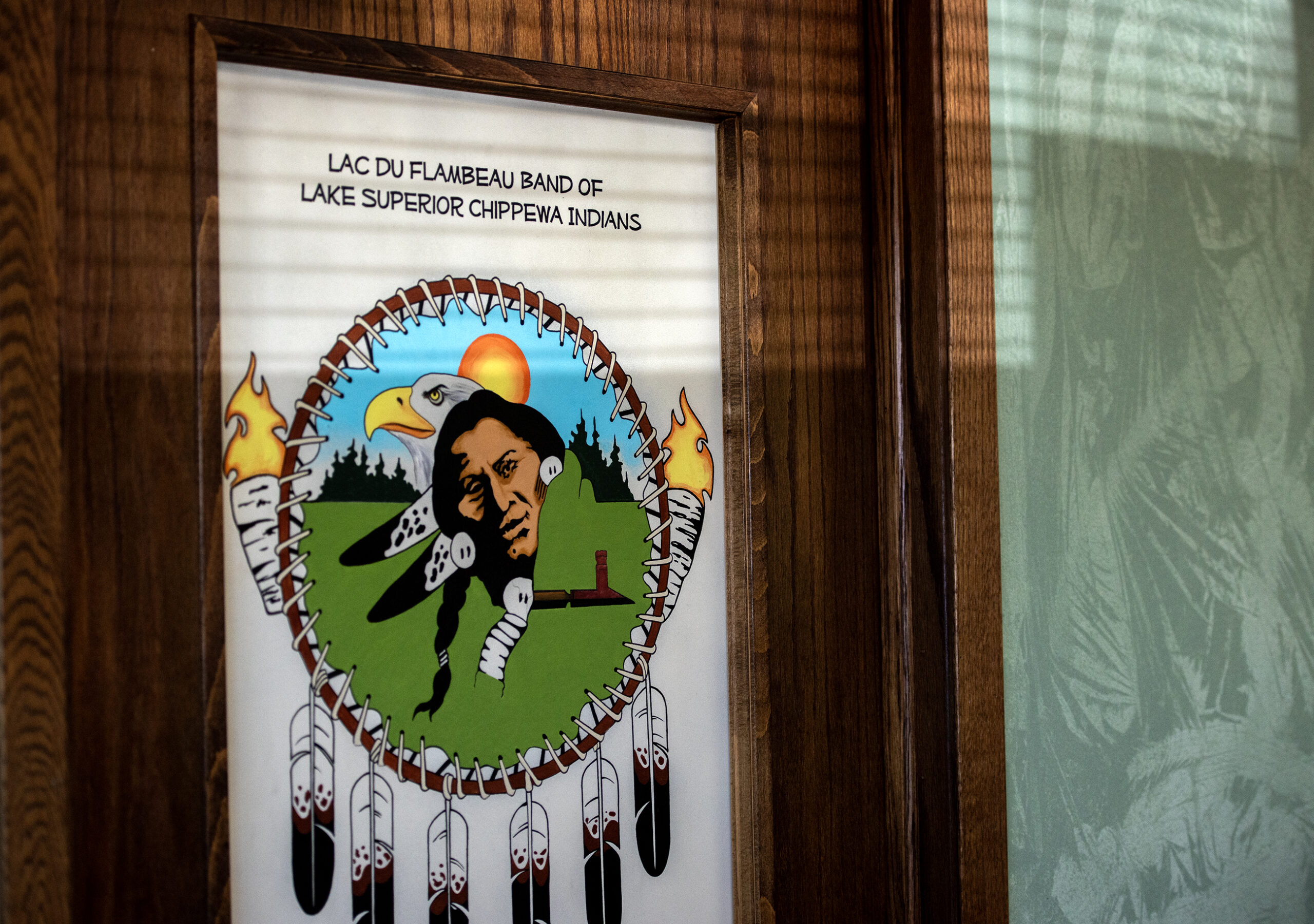A federal judge has ruled a northern Wisconsin county violated federal Indian law when it enforced its zoning rules on land owned by tribal members within a Lake Superior tribe’s reservation.
The Red Cliff Band of Lake Superior Chippewa filed a lawsuit against Bayfield County in 2018. The tribe asked the court to rule the county has no zoning authority over tribal members’ lands within the reservation. Red Cliff has its own land use ordinance that’s been in effect since 1993. Around 83 percent of the 1,353 people who reside on the reservation are American Indians, according to tribal figures.
According to the judge’s ruling, the dispute came to a head in recent years when Red Cliff tribal members Curtis and Linda Basina met tribal zoning requirements to build the Copper Crow Distillery on the reservation. The Basinas had to comply with Bayfield County zoning regulations after the county said they were in violation of its rules. Another tribal member was sued by the county for building a driveway without a county permit.
Stay informed on the latest news
Sign up for WPR’s email newsletter.
Tribal Chairman Rick Peterson said Red Cliff has the right to govern its members and lands as a sovereign nation.
“We do not want a bad relationship with any municipality, any other governmental agency,” said Peterson. “But, at the same time, we are not going to allow any of these municipalities to infringe upon our sovereign right here in Red Cliff.”
Peterson said the tribe made attempts to resolve the matter with the county prior to filing the lawsuit.
The county has argued that the U.S. Supreme Court has previously ruled certain lands known as fee-simple properties on the reservation fall under state jurisdiction. Such properties make up a small percent of lands within the reservation.
U.S. District Judge William M. Conley noted in his 22-page ruling that much of existing case law refers to authority over taxation of such lands — not comprehensive zoning.
“There is no express authorization by Congress for the county to apply its zoning ordinance on fee simple land owned by the tribe or its members within the boundaries of the reservation,” wrote Conley.
“State laws don’t necessarily apply to tribes on their reservation unless Congress makes it clear that the laws that are passed do apply,” said Dave Ujke, tribal attorney for Red Cliff.
The judge’s ruling indicates the county also overstepped in applying its zoning ordinance by regulating uses or activities on the land.
The county has 30 days from judgment to appeal the ruling. A lawyer representing the county declined to comment on pending litigation.
Wisconsin Public Radio, © Copyright 2025, Board of Regents of the University of Wisconsin System and Wisconsin Educational Communications Board.





